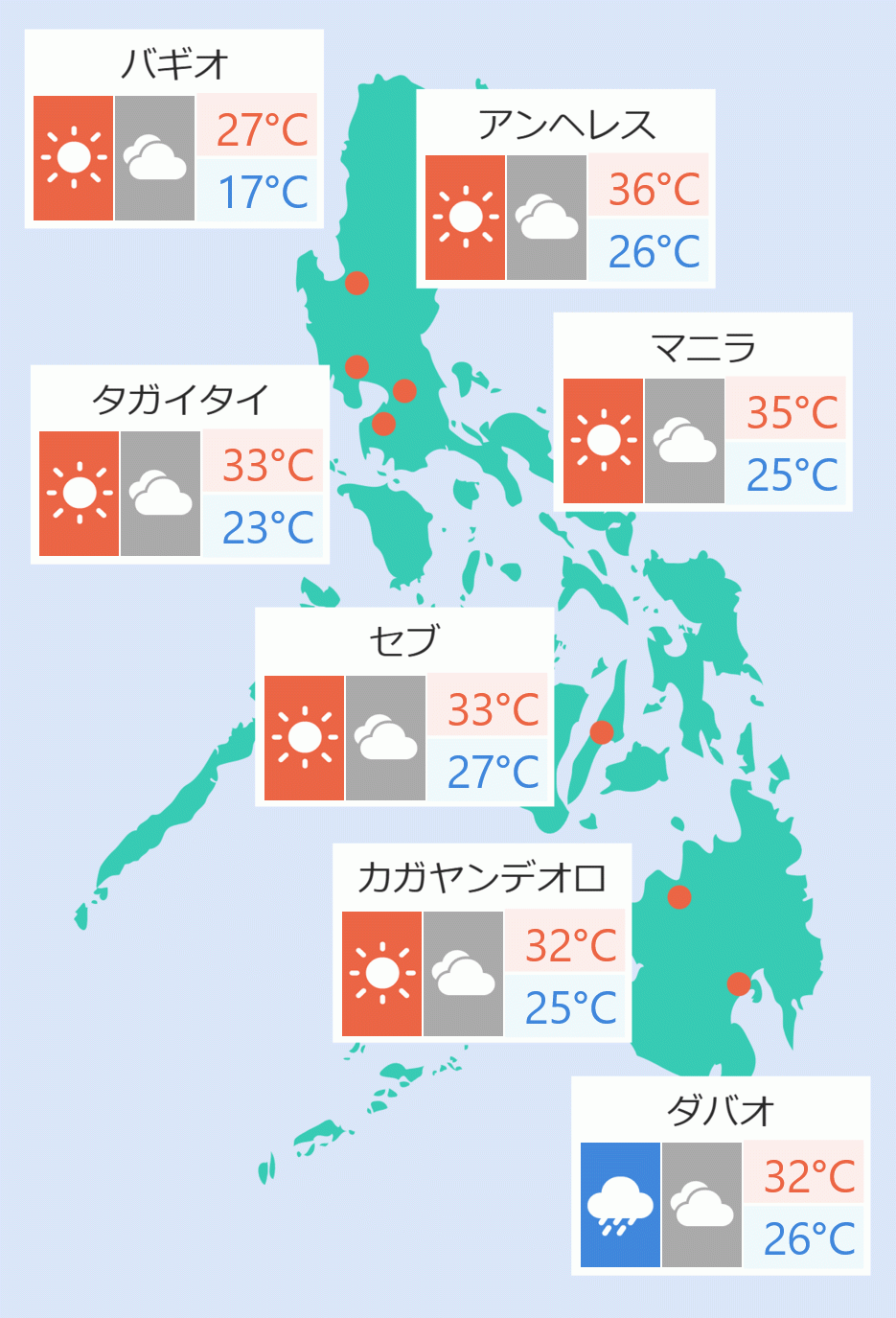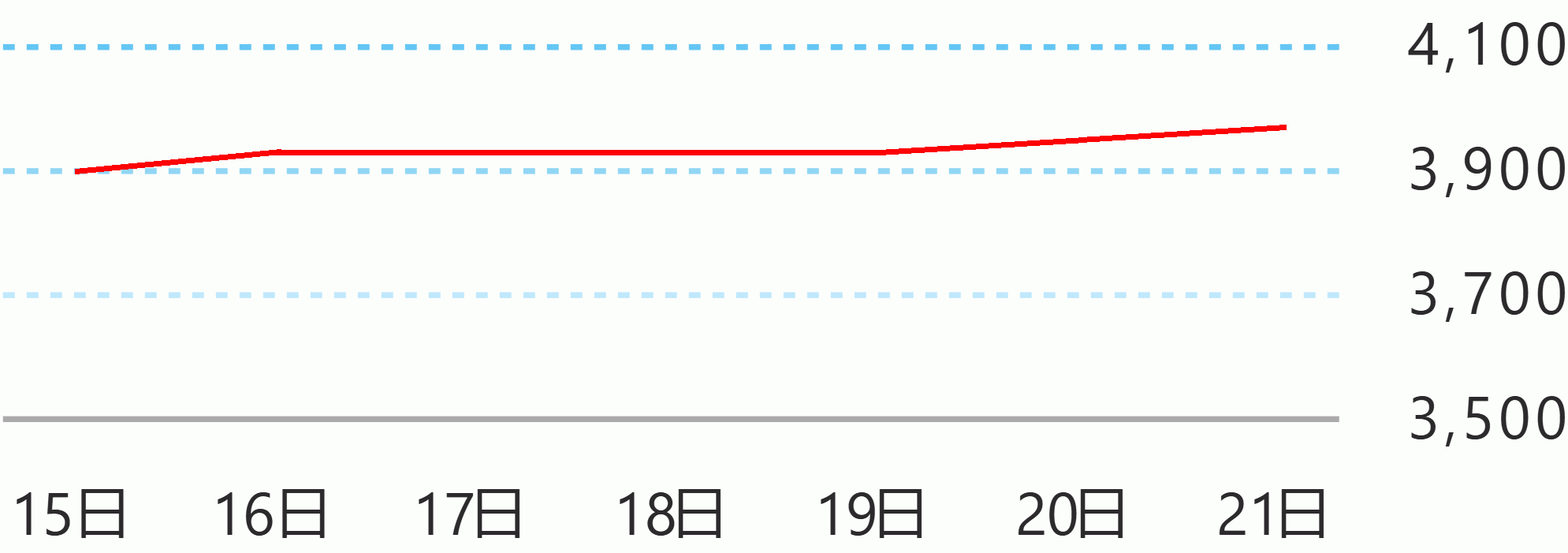The SIM cards issued to foreign nationals have a 30-day validity, the Department of Information and Communications Technology (DICT) said Monday.
This is in compliance with the implementing rules and regulations (IRR) of the SIM Registration Act or Republic Act 11934.
Under the SIM Registration Act, all SIM users are required to register their SIMs with their respective telecommunications (telco) firms like Smart and Globe.
Failure to register would result in the deactivation of the SIM.
A user has 180 days to register their SIM, starting December 27, Tuesday.
In a press briefing on Monday, DICT Undersecretary Anna Mae Lamentillo said: “For foreign national end-users, tourist visa-holders will only be issued SIM Card with a 30-day validity period, which can be extended only upon submission of approved visa extension. Those with other types of visa can acquire SIMs without a 30-day validity period and register the same.”
She said foreign tourists should provide their full name, nationality, date of birth, passport, proof of address in the Philippines, type of travel document, return ticket and the ID number or the number of the document they presented.
They should also present a ticket showing the date and time of their departure from the Philippines, other applicable official documents issued by government agencies such as the Department on Labor and Employment (DOLE) and Bureau of Immigration (BI); school registration and ID for students; and a travel or admission document issued by the Department of Justice (DOJ).
Under the IRR of RA 11934, Filipino SIM users must also provide their full name, date, sex, address, government-issued ID, and the number of their ID.
Minors have to be registered under the name of their parent or guardian and their government-issued ID.
Lamentillo reminded users to register their SIMs and inform their telcos if they have any changes in their SIM information.
If the SIM user dies, a relative or guardian should report it to the concerned telco, she added.
She advised the public to report any difficulties or technical issues they experience while registering to their telcos or government agencies concerned.
Lamentillo told users to be mindful of fake websites, phishing, and other scams that can be used to take advantage of them during the registration period.
“Please always check the source of information before following the instructions especially if it comes through email or text messages. For registering, it is strongly recommended that people visit the official websites of their providers directly,” she said.
She reminded telcos to ensure that data from the SIM registration should be “secured and protected at all times.”
Lamentillo said telcos can only share information from the registration for investigation if a mobile number was used to commit crimes.
“PTEs (Public Telecommunication Entities) can only disclose information obtained in the registration when a subpoena has been issued by a competent authority in relation to an investigation that a specific mobile number was used in the commission of a crime or it was used to commit an unlawful act, and the complainant cannot ascertain the identity of the perpetrator,” she said.
The SIM registration will be done through online platforms provided by telcos.
The DICT, the National Telecommunication Communication (NTC), local government units and other related agencies will work to establish registration facilities in areas with limited internet access.
The SIM Registration Act was signed into law by Ferdinand Marcos Jr. on October 10, 2022 and is the first law enacted under his administration. Jaspearl Tan/DMS





 English
English










